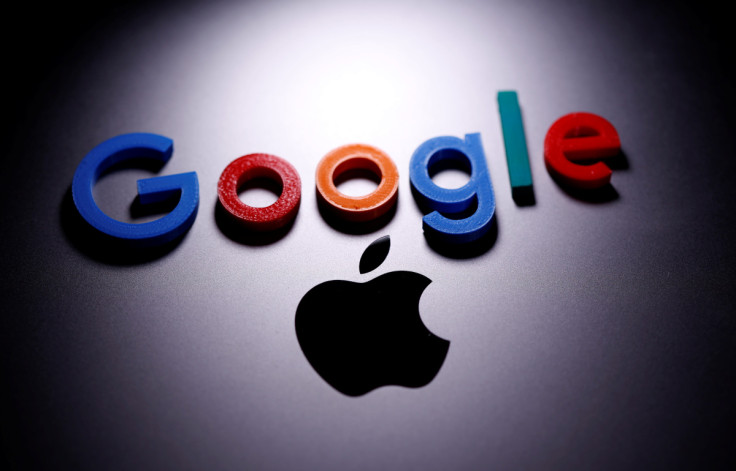What Wall Street Is Missing About Apple And Google Stocks
Apple and Google deserve better market valuations, as their competitive advantage has strengthened over time, allowing them to deliver higher value to their capital holders.
Wall Street has been valuing Apple and Google the wrong way as mature technology companies facing increasing competition and eroding margins, as evidenced by their low Price to Earnings ratio (PE).
At the current market price, Apple is trading with a forward PE of 26, while Alphabet, the parent company of Google, is trading with a forward PE of 18. And both stocks are well below their all-time highs.
What Wall Street is missing with these valuations is that the two companies have improved later in what they have been doing for years: they have leveraged their position as gatekeepers of the Internet to strengthen their competitive advantage and sell high-profit margin services.
"Apple has been successful in diversifying its revenue streams beyond just its iPhone product line, with offerings such as the Apple Watch, Air Pods, and services like Apple Music and iCloud," Glenn Tompkins, senior instructor at VectorVest, Inc., told International Business Times. "The services in the 'pipeline' make Apple a precious play for investors in the stock market."
As a result, the two tech giants have been delivering higher economic profit or Economic Value Added (EVA) compared to a few years ago.
According to estimates by Gurufocus.com, Apple's EVA is currently standing at 30.18%, up from 7% in 2017, while Google's EVA is currently at 22%, up from 9% over the same period.
"Both Apple and Google use anticompetitive, exclusionary, and unlawful conduct to eliminate or severely diminish any threat to their dominance over digital advertising technologies," Anat Alon-Beck, Professor of Law at Case Western Reserve University, told IBT. "They both have corporate venture capital arms through which they invest in new technologies and prevent nascent startup competition."
Anat sees a similarity between Apple's and Google's strategies and oil companies' strategies more than a century ago. "Many tech giants—including Apple and Google—employ an old practice called interlocking directorates that oil companies were known to use," she explained. "It essentially means that they put their people on company boards of directors to get the information they otherwise wouldn't have access."
Social media strategist Yesim Saydan thinks Google is definitely undervalued, citing the company's potential to dominate the AI industry. "Its version of Chat GPT has way more potential than GPT, despite its initial hiccup," he said.
He believes Apple is undervalued, too. "With the new IOS updates, most people left Facebook advertising," he said. "Apple would get into that space, and now owning so much consumer data, they might become the next big Ad platform."
Derek Horstmeyer, Professor of Finance at George Mason University School of Business, attributes the relatively low P/E for Apple and Google to the high-interest rate (15-year high).
"As interest rates go up, they hammer high-duration assets like Apple and Google more," he said.
"In the case of Google, there is just high uncertainty with ChatGPT coming on the scene and its effect on ad revenue," he added. "Investors dislike uncertainty and are punishing Google right now."
(Disclosure: The author owns shares of Apple and Alphabet.)

© Copyright IBTimes 2024. All rights reserved.






















